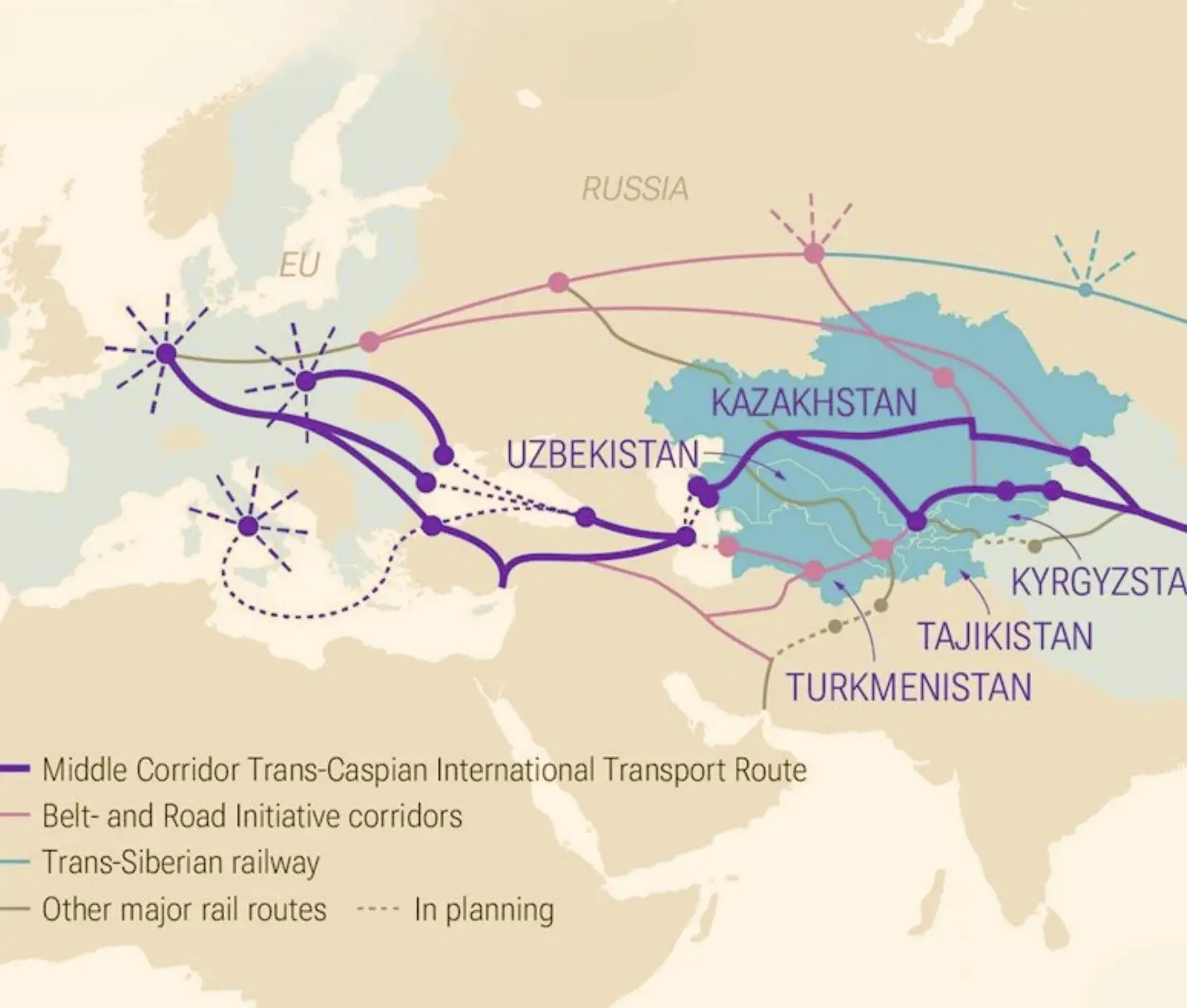In the fast-evolving world of artificial intelligence, a new player is making waves from Beijing: Manus AI. Developed by Chinese startup Butterfly Effect (also known as Monica), Manus has captured global attention as a pioneering general AI agent, capable of autonomously executing complex tasks with minimal human input. Launched in closed beta in March 2025, Manus is positioning itself as a game-changer in the AI landscape, drawing comparisons to industry giants like OpenAI’s ChatGPT and China’s own DeepSeek.
A New Breed of AI: The General AI Agent
Unlike traditional AI chatbots that primarily offer conversational responses or suggestions, Manus AI is designed to bridge the gap between thought and action. Branded as the “world’s first general AI agent,” Manus can handle a diverse array of tasks, from resume screening and trip planning to stock analysis and creating interactive websites from raw data. Its ability to execute workflows autonomously, with less prompting than competitors, has sparked excitement among early users and tech enthusiasts.
A developer video showcased Manus performing real-world tasks, such as researching housing options and analyzing resumes, highlighting its practical applications. The name “Manus,” derived from the Latin phrase “Mens et Manus” (mind and hand), reflects its dual structure: large language model (LLM) algorithms as the “mind” for reasoning and deterministic algorithms as the “hand” for execution.
Manus has also achieved state-of-the-art performance on the GAIA benchmark, a comprehensive test evaluating AI reasoning, multimodal processing, tool usage, and real-world task automation. This positions it ahead of leading models like OpenAI’s GPT-4o and Anthropic’s Claude 3.5 Sonnet in certain capabilities.
Rapid Commercialization and Global Ambitions
Since its debut, Manus AI has moved swiftly toward commercialization. In late March 2025, Butterfly Effect launched a mobile app, introduced new features like enhanced multimodal capabilities, and rolled out premium subscription plans starting at $39 per month, with a higher-tier option at $199 for advanced users. The subscription model offers credits for task execution, with the premium plan allowing up to five simultaneous tasks and priority access during peak hours. A limited free version remains available, though early users noted that the initial 1,000 free credits deplete quickly for complex queries.
The company’s ambitions extend far beyond China. Backed by a $75 million funding round led by U.S. venture firm Benchmark, Butterfly Effect has quintupled Manus’s valuation to nearly $500 million. The capital will fuel expansion into markets like the U.S., Japan, and the Middle East, signaling Manus’s intent to compete globally. Previous investors, including Tencent, ZhenFund, and HSG (formerly Sequoia China), have also contributed over $10 million in earlier rounds.
Beijing’s Backing and Strategic Importance
Manus’s rise aligns with China’s broader push to dominate the global AI race. In March 2025, the Beijing municipal government approved registration for a China-facing version of Manus’s earlier AI assistant, Monica, clearing a key regulatory hurdle. The startup was also featured in a state media broadcast, a rare endorsement highlighting Beijing’s strategy to promote domestic AI firms with international recognition. This follows the success of DeepSeek, another Chinese AI startup that disrupted the industry with cost-efficient models, inspiring investors to seek the “next DeepSeek.”
However, Manus has faced scrutiny over the originality of its technology. Critics note that it relies on existing large language models (LLMs) without disclosing specifics, unlike DeepSeek’s foundation model innovations. Despite this, its practical capabilities and viral traction on platforms like X have kept it in the spotlight.
Privacy and Reliability Concerns
As with any powerful AI, Manus raises important questions about privacy and security. Tech expert Kurt “CyberGuy” Knutsson warned that autonomous agents like Manus could pose risks to personal data if not governed by strict privacy rules and independent oversight. The platform’s ability to browse the web and process sensitive information, such as resumes, underscores the need for robust safeguards. Manus has not publicly addressed these concerns in detail, and the company did not respond to inquiries from Fox News before a recent deadline.
Reliability is another hurdle. Some executives and analysts have expressed skepticism about the readiness of AI agents like Manus for critical business tasks, citing occasional inconsistencies. Early users also reported signup issues and server capacity limitations during the invite-only beta phase, though public access has since expanded via the Manus website and mobile apps.
The Road Ahead
Manus AI is at a pivotal moment. Its innovative approach to autonomous task execution, coupled with strong financial and governmental backing, positions it as a formidable contender in the AI agent space. Posts on X reflect enthusiasm from users who see it as a revolutionary tool, with some claiming it feels like “time traveling six months into the future” or even achieving artificial general intelligence (AGI). However, these claims remain speculative, and Manus’s invite-only research preview has fueled debates about whether it truly represents a leap toward AGI.
As Manus expands globally, it will face fierce competition from Western giants like OpenAI and Anthropic, as well as domestic rivals like Zhipu, which recently unveiled a free AI agent, AutoGLM, to challenge Manus and DeepSeek. To maintain its edge, Manus must address reliability concerns, enhance transparency about its technology, and prioritize user privacy.
Conclusion
Manus AI is more than just another chatbot—it’s a bold step toward a future where AI agents act as autonomous collaborators, transforming how we work and interact with technology. With its viral traction, ambitious expansion plans, and Beijing’s support, Manus is poised to shape the next chapter of the AI revolution. Yet, as it scales, the startup must navigate ethical and technical challenges to deliver on its promise of turning ideas into action. For now, Manus remains a fascinating case study in China’s AI ambitions and the global race for AI supremacy.

Arfa Khan is a researcher with an MPhil in American Studies from Quaid-i-Azam University, Islamabad. Her academic and professional expertise includes Artificial Intelligence, Sino–U.S. relations, and world politics, with a nuanced understanding of contemporary international dynamics and emerging technological paradigms.





